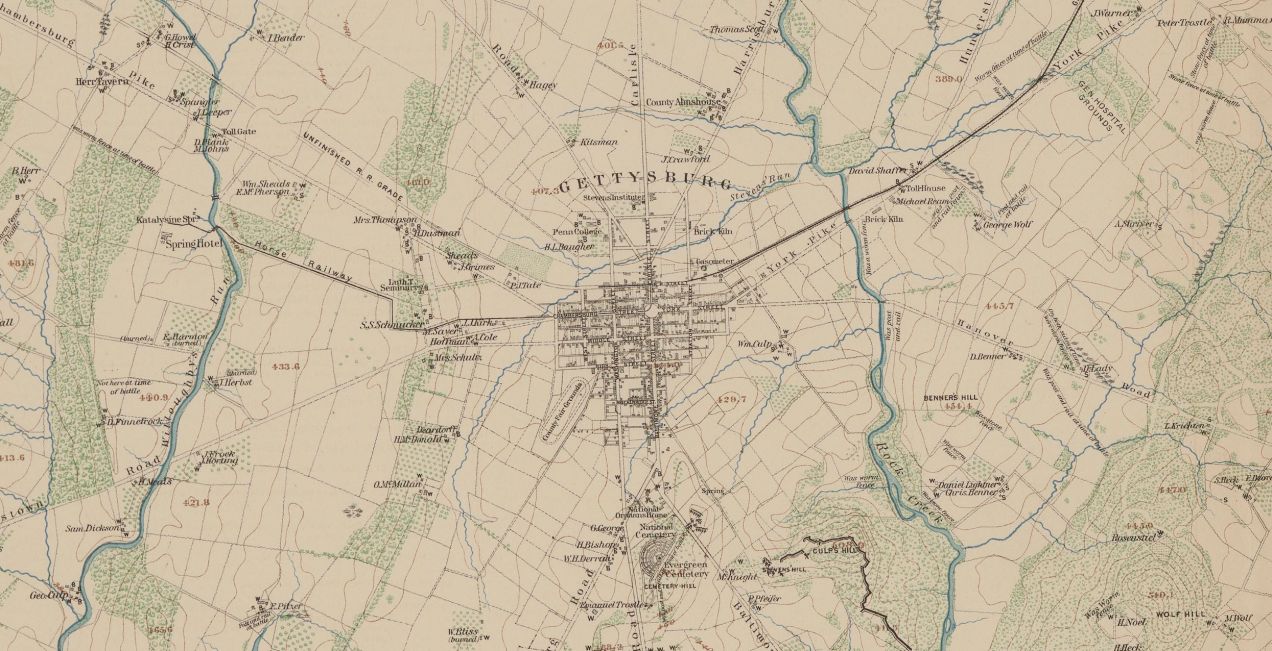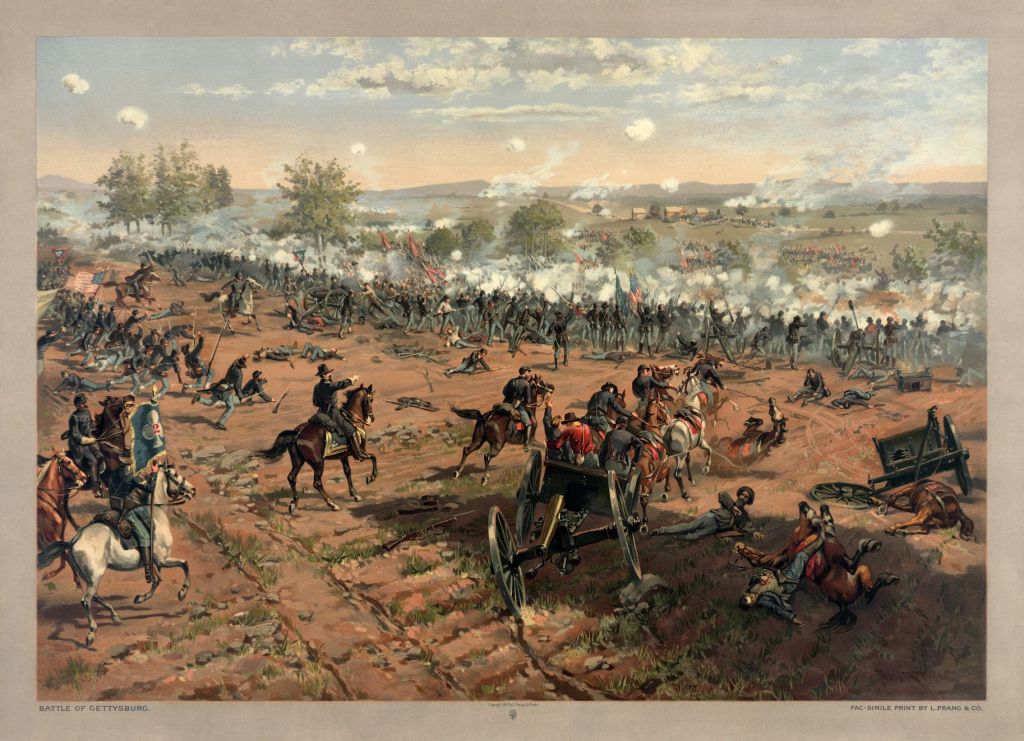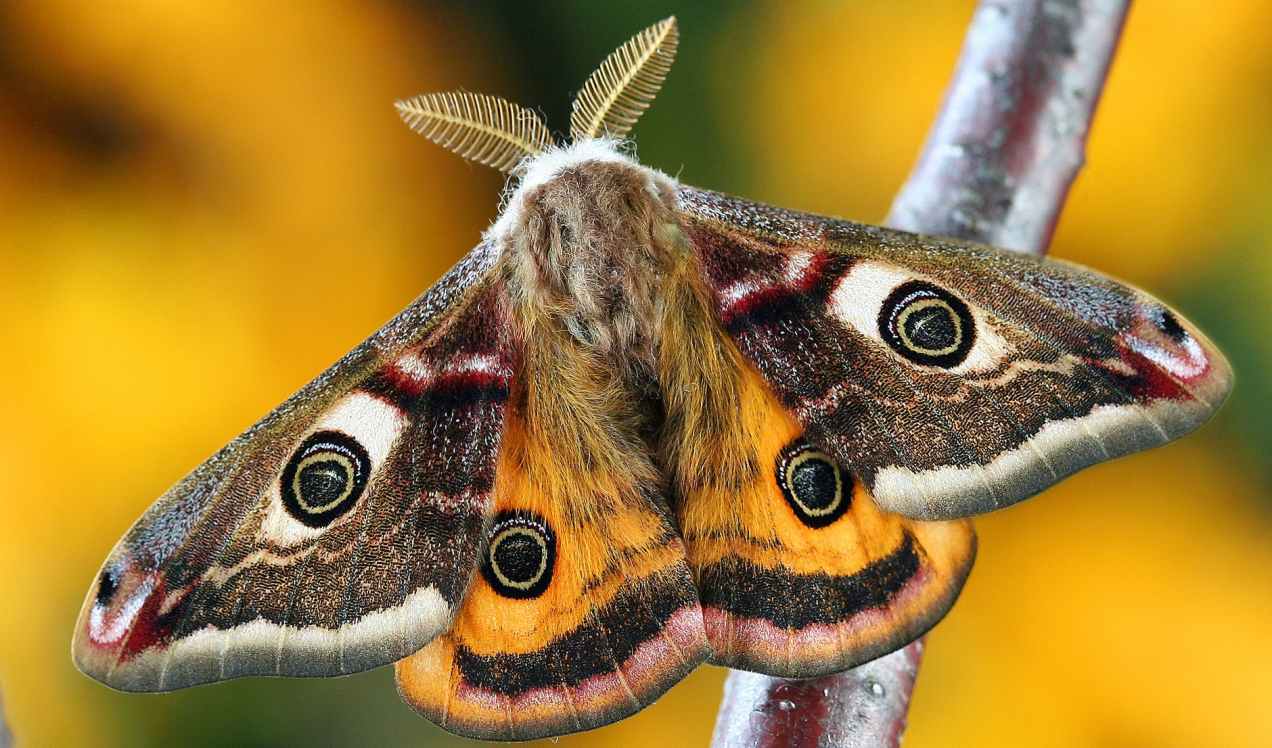Softened by Time’s consummate plush,
Emily Dickinson, #LV
How sleek the woe appears
That threatened childhood’s citadel
And undermined the years!
The black night rose and fell on a festive
and bedazzled Munich, when black and white
news sang of medals and eleven-captives.
When my world was threatening to ignite
you were there to give respite from the flame.
They say, “There are no havens from the curse.”
but you put the lie to their little game.
While olympians bled upon their course,
You were always my rock, a heaven’s rest.
Gathered under your wings, I was safely
sheltered from a great towering tempest.
Amid the blood of a dying fam’ly,
Amid the blood of a fighting nation,
With you there was peace without privation.
© rl busséll 2023 – All rights reserved.

”The black night rose and fell on a festive / and bedazzled Munich, when black and white / news sang of medals and eleven-captives.”
These three lines refer to the 1972 Munich Olympics and the Israelis murdered and taken hostage by Palestinian terrorists known as “Black September”. It seems we have not moved far from that Munich morning. Pray for those mourning so many.
Are we entering a time of rampant violence, dehumanization, ignorance, and strife? We don’t know where to stand for we don’t believe in our ability to stand for anything. We are reeds in the wind.
“We are the hollow men / We are the stuffed men”1 … and we fail to whimper.
We are on the road to producing a race of men too mentally modest to believe in the multiplication table —
Gilbert K. Chesterton, Orthodoxy. (New York: John Lane Company, 1909), 56.
- T. S. Eliot ” The Hollow Men”, 1925. ↩︎









You must be logged in to post a comment.